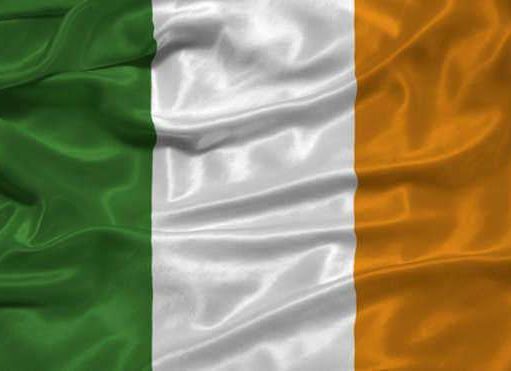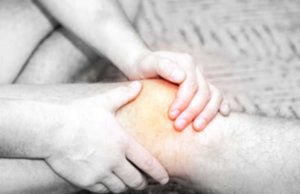Quick Overview of The Parliament

What is Parliament?
A parliament is a particular kind of legislative body, which is somewhat different from the Congress of America or from other forms of assemblies. In a Parliament, like the British Parliament, the parliament has some power with regard to the executive branch of the government, such that the one of the important executives might be elected by the Parliament of the UK itself. In that case, the executive is the Prime Minister.
Houses of Parliament
The Houses of Parliament are generally the two houses of a bicameral parliament. Not all parliaments are bicameral, but most are. There is generally one upper house of parliament, and one lower house of parliament. The Houses of Parliament in English Parliament include the House of Lords and the House of Commons. The House of Commons is the lower house, and the House of Lords is the upper house.
Parliament of Canada
The Parliament of Canada, which convenes at Parliament Hill, Ottawa, is the primary legislative body of government for Canada. The Parliament of Canada includes two houses, which are the Senate and House of Commons. The Parliament of Canada is generally separate from the judicial branch of Canadian government, which includes the Supreme Court of Canada.
Irish Parliament
Irish Parliament is not currently known as such, as Irish Parliament was the term applied to a form of government which was abolish in 1800. Technically, in the present time, the Irish Parliament is known as the Oireachtas. The Oireachtas has two houses, which are the Dail Eireann and the Seanad Eireann. The Oireachtas functions equivalently to an Irish parliament, on the whole.
Acts of Parliament
Acts of Parliament are those legal statutes which have passed into law. Acts of Parliament, prior to being passed as law, are called bills. Acts of Parliament can refer to the whole of the body of laws passed by Congress, as well as it can refer to the individual acts themselves. Bills have to pass through both houses of Parliament before becoming official Acts of Parliament.
Court of Protection
The Court of Protection is an English court which was instituted as the result of the Mental Capacity Act of 2005. The Court of Protection specifically deals with cases involving those individuals who are considered mentally incompetent to make important decisions for themselves. The Court of Protection is considered separate from the Crown Court, although sometimes cases from the Court of Protection might be appealed to the Crown Court, thus necessitating a look at Crown Court listings.
Australian Parliament
The Australian Parliament is a bicameral legislative body for Australia’s government. The Australian Parliament is split into the Senate and the House of Representatives. The Parliament of Australia is made up of 226 members in total, with 76 belonging to the Senate, and 150 belonging to the House. The Parliament of Australia can pass acts of Parliament which can lead to the formation of courts, such as the Family Court of Australia.
European Parliament Elections
European Parliament elections are the elections for members of the European Parliament, which is the parliament for the European Union. European Parliament elections are particularly notable because they are direct elections, meaning the citizens of the member states participate directly in European Parliament elections.
Member of Parliament
A Member of Parliament is an individual who has been elected to a parliamentary position. Generally speaking, the title of Member of Parliament is applied most often to members of the lower house of Parliament, as the upper house of Parliament often conveys its own titles upon members. A Member of Parliament is often known as an “MP”.
European Parliament
The European Parliament is the Parliament of the European Union. As such, it makes up one half of the overall legislative branch of the European Union. The European Parliament is sometimes known as the EU Parliament. The EU Parliament does not have the power of legislative initiative, meaning that it cannot propose new legislation for consideration, although it does have the power to modify, repeal, and veto other legislation.
House of Lords
The House of Lords is one of the two houses of British Parliament, with the other house being the House of Commons. The House of Lords is generally considered the upper house of British Parliament. Appointment to the House of Lords is not made by election, as with the House of Commons. The House of Lords generally has far less power than does the House of Commons, and it often does not exercise the power it does have.
Royal Courts of Justice
The Royal Courts of Justice is actually a single building in which is housed two of the most important courts within England. These two courts within the Royal Courts of Justice are the Court of Appeal of England and Wales and the High Court of Justice of England and Wales. These two courts make up two thirds of the overall Senior Courts of England and Wales.
Scottish Parliament
The Scottish Parliament is a devolved legislative body for Scotland. Because it is devolved, it is actually underneath the overall Parliament of the United Kingdom, and has limited powers and scope as a result. The Scottish Parliament is relatively young, and the Scottish Parliament Building only opened up in 2004. The Scottish Parliament is entirely separate from the Scottish courts.
Parliament of India
The Parliament of India is the legislative branch for the government of India. The Indian Parliament is made up of two different houses, which are the Council of States and the House of People. The Indian Parliament holds a significant number of individuals in the two houses, generally in proportion to the disposition of population in India.

























